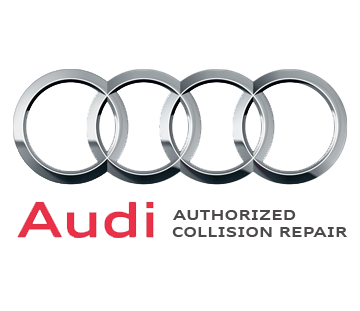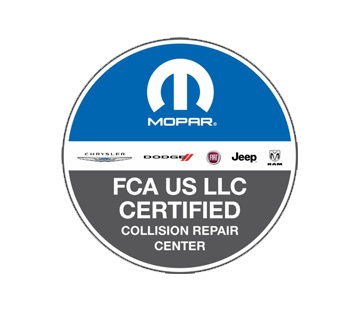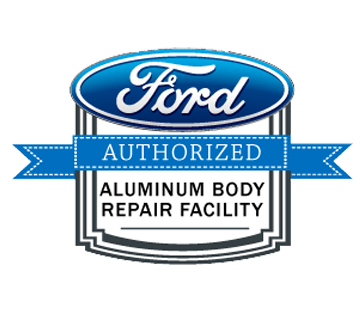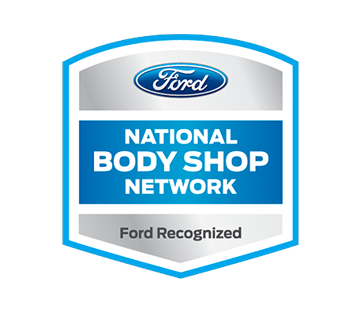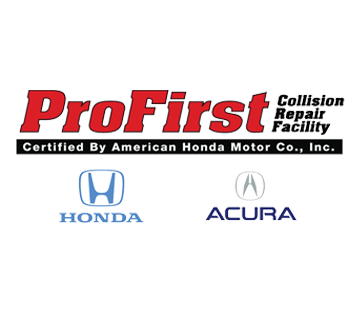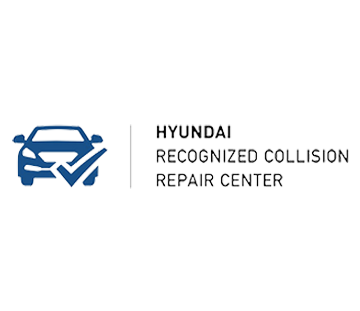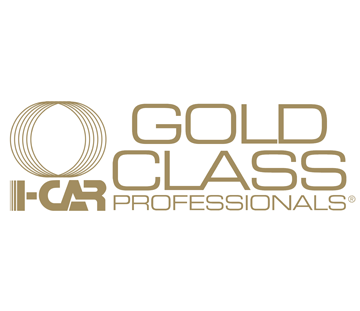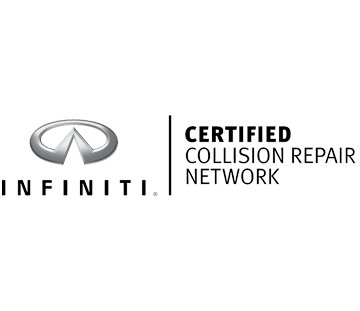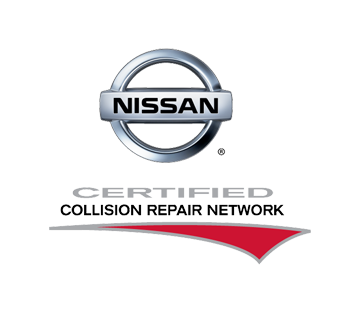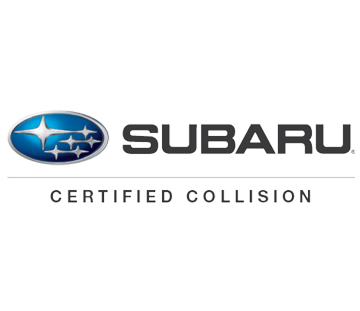Can You Drive a Wrecked Car?
Driving After A Car Accident
After a car accident, one of your first thoughts may be climbing into bed to sleep off a bad day and any injuries you may have sustained. However, it may be challenging to get home if your vehicle has been severely damaged or even totaled. While you may feel equipped to make the ride home, your car may tell a different story. Before you get behind the wheel and travel home, there are many things you must consider, such as the laws on driving a damaged car and if your vehicle poses a threat to other drivers on the road, including yourself. If your car has suffered damage during a car accident, Portsmouth Auto Body Center is here to help.
Learn About Certifications View Auto Body FAQsInspecting Your Vehicle for Damage
Before you decide to begin driving after a car accident, stop and take a look at the damage to your vehicle. By doing so, you can determine if you can drive your wrecked car. Before calling a tow truck, inspect your vehicle for damage to common areas, including:
Damaged Headlights, Tail Lights, & Blinkers
You can not drive a wrecked car if your vehicle does not have functioning headlights, tail lights, or blinkers. For starters, it is very difficult to see without adequate headlights and, therefore, dangerous to be on the road. However, in most states, it is also illegal. Avoid driving your vehicle if your headlights, tail lights, or blinkers have been damaged.
Leaking Fluids
Do you notice any leaking fluids around your vehicle after a car accident? If so, your vehicle may be leaking oil or transmission fuel. If this is the case, you can not drive your wrecked car. Call a tow truck to avoid further damage, even if your vehicle can move.

Wheel & Tire Damage
If one of your wheels or tires has been damaged during a car accident, you will be unable to drive your vehicle. A damaged or bent wheel could indicate your vehicle has suffered more damage than meets the eye.
Loose Parts or Frame Damage
Loose parts or frame damage to your vehicle is a sign that parts of your vehicle have fallen off or been broken or cracked during a car accident. If you notice this damage while inspecting your vehicle, you can not drive a wrecked car in this condition.
Damaged Windshields
Is your windshield cracked or severely damaged? It may be necessary to replace it before your vehicle can return to the road. A cracked windshield can make it very difficult to see while driving. Consider calling a tow truck if you notice this type of damage.
Mirrors
All vehicles must have one or more functional mirrors, according to the Federal Motor Vehicle Safety Standard No. 111. Drivers who fail to follow this rule are violating laws on driving a damaged car, and you may be subject to fines and other penalties.

License Plates
To drive your vehicle, you must have a license plate that is always visible to law enforcement. If your license plate has been damaged or lost during a car accident, you can not drive a wrecked car in this condition.
Damaged Exhaust, Mufflers, & Emission Control Systems
You should not drive your vehicle if your exhaust, mufflers, or emission control systems have been damaged during a car accident. Doing so could be potentially harmful to drivers and passengers due to exposure to toxic byproducts from your engine.
Laws for Driving a Wrecked Car
Even if you feel your vehicle can drive safely after a car accident, that does not mean you should do so without considering laws for damaged cars in your state. New Hampshire drivers must report a car accident to the police at the time of the crash. An officer will be able to tell you whether or not your vehicle is currently driveable or if it needs to be towed for repairs. If you have questions about whether or not you can drive a wrecked car, talk to your friends at Portsmouth Auto Body.
Buckle Up
Driver safety is essential for traveling, wherever your destination may be. If you're unsure whether or not you can drive your wrecked car after an accident, don't take any chances. Contact the service team at Portsmouth Auto Body to learn more today.




